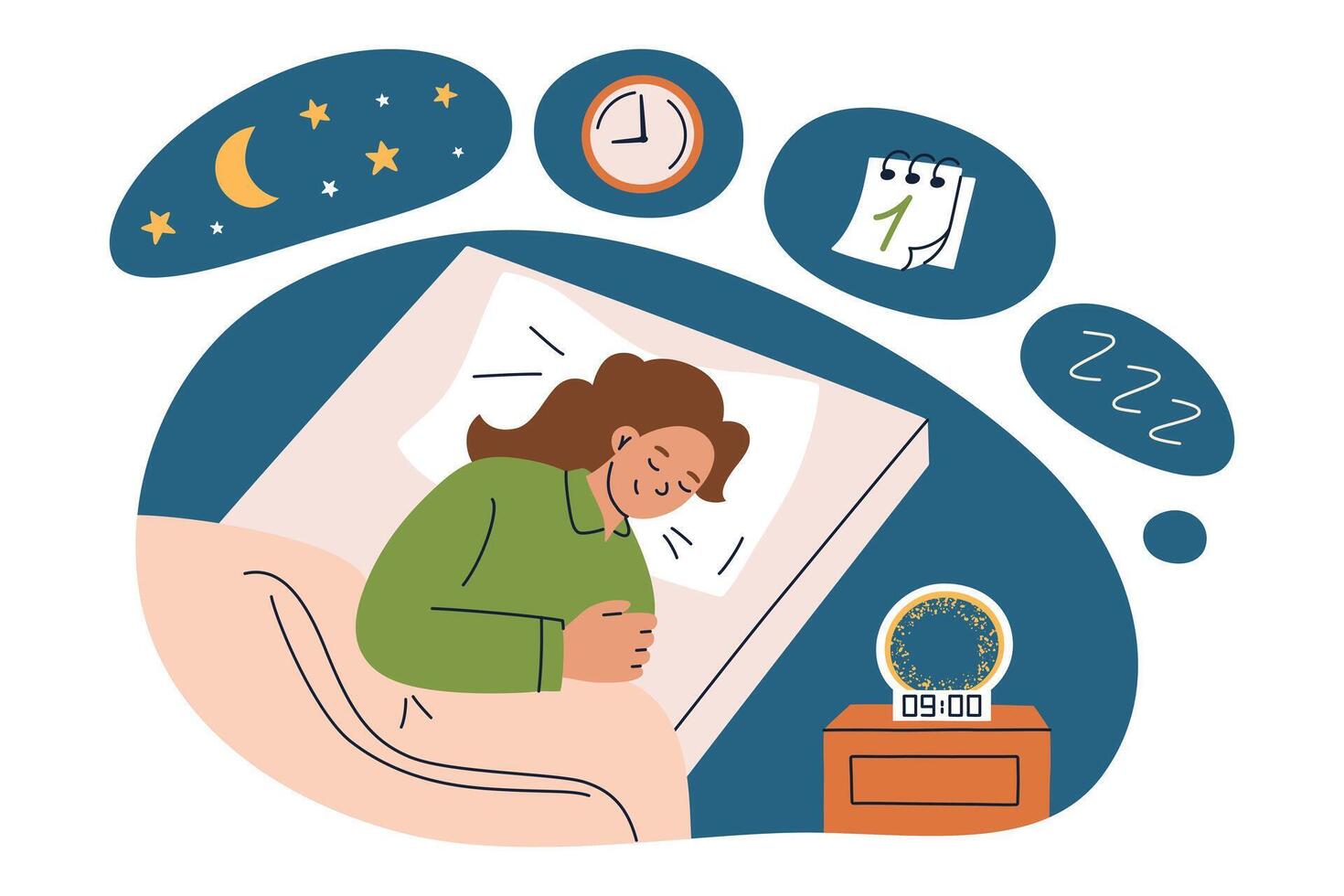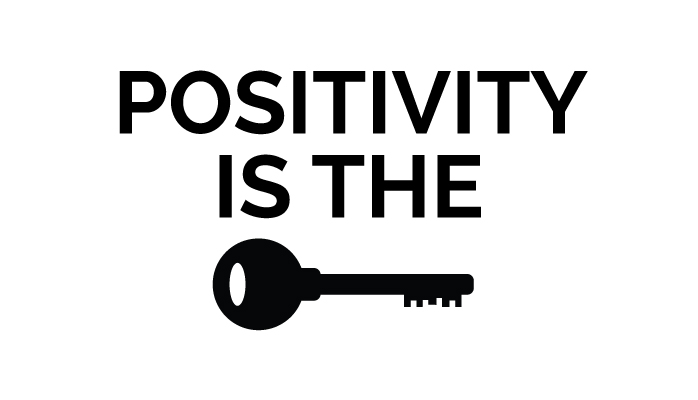Sleep is one of the most vital pillars of health, alongside nutrition and exercise. Yet, in our fast-paced, digitally connected world, quality sleep has become increasingly elusive. Many people complain of insomnia, restless nights, or waking up feeling exhausted despite spending hours in bed. The solution may lie in improving sleep hygiene- a set of practices and habits that promote better sleep quality.
What is Sleep Hygiene?
Sleep hygiene refers to the lifestyle choices, behaviors, and environmental factors that influence the quality of your sleep. Just as personal hygiene keeps the body clean and healthy, sleep hygiene ensures that the body and mind receive adequate, restorative rest.
Good sleep hygiene is not about one magic trick but about consistently practicing healthy habits that support the body’s natural sleep-wake cycle.
Why Sleep Hygiene Matters
Quality sleep affects nearly every aspect of health. Poor sleep has been linked to:
Reduced mental clarity and concentration
Weakened immunity, making the body more vulnerable to illnesses
Mood disturbances such as irritability, stress, and even depression
Increased risk of chronic conditions, including diabetes, obesity, and heart disease
Decreased productivity and alertness, raising the risk of accidents
On the other hand, practicing good sleep hygiene results in improved mood, sharper memory, better physical health, and enhanced overall well-being.
Principles of Good Sleep Hygiene
1. Maintain a Consistent Sleep Schedule
Go to bed and wake up at the same time every day—even on weekends. Consistency helps regulate the body’s internal clock (circadian rhythm), making it easier to fall asleep and wake up naturally.
2. Create a Relaxing Bedtime Routine

Wind down with calming activities such as reading, meditation, gentle stretching, or taking a warm shower. Avoid stimulating activities like heavy exercise, heated conversations, or intense work just before bed.
3. Optimize Your Sleep Environment
Keep your bedroom cool, quiet, and dark.
Invest in a comfortable mattress and pillows.
Limit noise with earplugs or white noise machines if necessary.
Reduce light exposure by using blackout curtains or an eye mask.
4. Limit Screen Time Before Bed

The blue light emitted by phones, tablets, and TVs suppresses melatonin production, delaying sleep. Aim to unplug at least an hour before bedtime. Instead, engage in offline activities that calm the mind.
5. Be Mindful of What You Eat and Drink
Avoid caffeine (coffee, tea, energy drinks) in the afternoon and evening.
Limit heavy meals, alcohol, and nicotine close to bedtime.
Stay hydrated, but don’t drink excessive amounts of fluid late in the evening to reduce nighttime awakenings.
6. Stay Physically Active- But Not Too Late
Regular exercise promotes better sleep, but vigorous workouts should be done earlier in the day. Evening exercise can over-stimulate the body and delay sleep onset.
7. Manage Stress and Anxiety
Racing thoughts can keep you awake at night. Incorporating relaxation techniques such as deep breathing, journaling, or mindfulness meditation can help calm the mind.
8. Reserve the Bed for Sleep and Rest
Train your brain to associate the bed with sleep. Avoid working, studying, or scrolling on your phone in bed. If you can’t fall asleep within 20 minutes, get up and do something calming until you feel sleepy again.
When to Seek Professional Help
If you practice good sleep hygiene but still struggle with persistent insomnia, excessive daytime fatigue, or other sleep disturbances, it may be time to consult a healthcare professional. Conditions such as sleep apnea, restless legs syndrome, or chronic insomnia may require specialized treatment.
Conclusion
Sleep hygiene is a cornerstone of health that is often overlooked. By making small but consistent lifestyle changes - such as keeping a regular sleep schedule, creating a restful environment, and limiting late-night screen time - you can dramatically improve the quality of your sleep.

Prioritizing sleep is not a luxury; it is a necessity for physical vitality, emotional balance, and mental sharpness. After all, a well-rested body and mind are better equipped to face life’s challenges with energy and resilience.
share with

Mesha M. Founder
"Explore a world of inspiration and empowerment at RealtimeArticles. Dive into our curated articles for insights, reflection, and shared growth. Join our community on a journey of discovery and evolution!"







Comments
Coming Soon!
POST YOUR COMMENTS